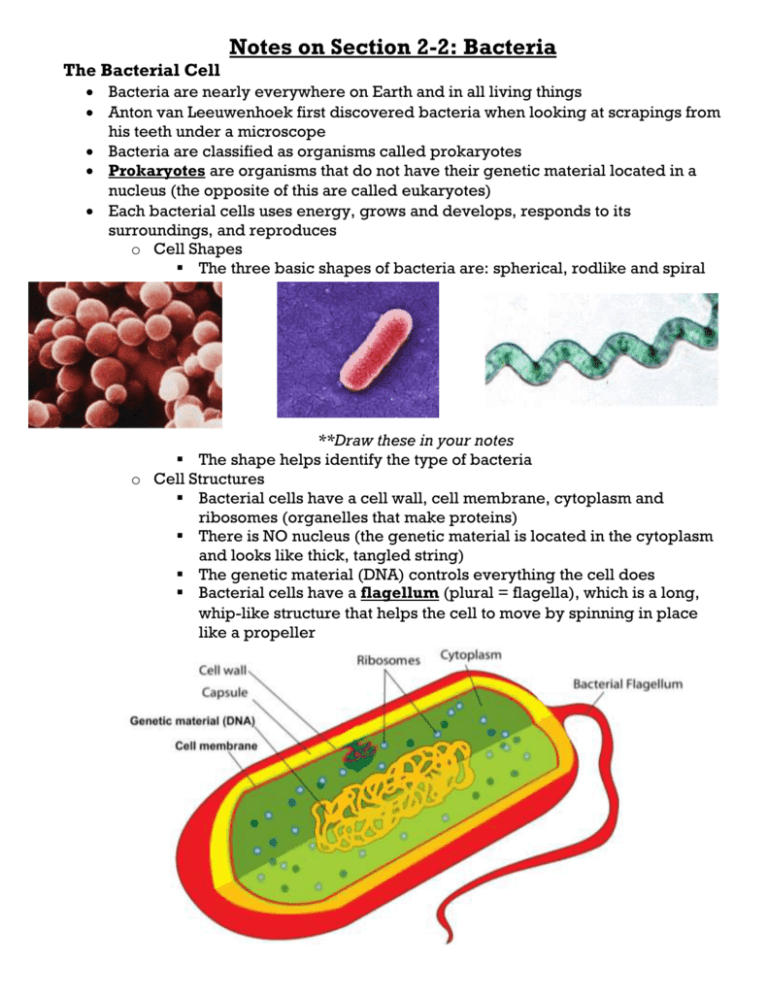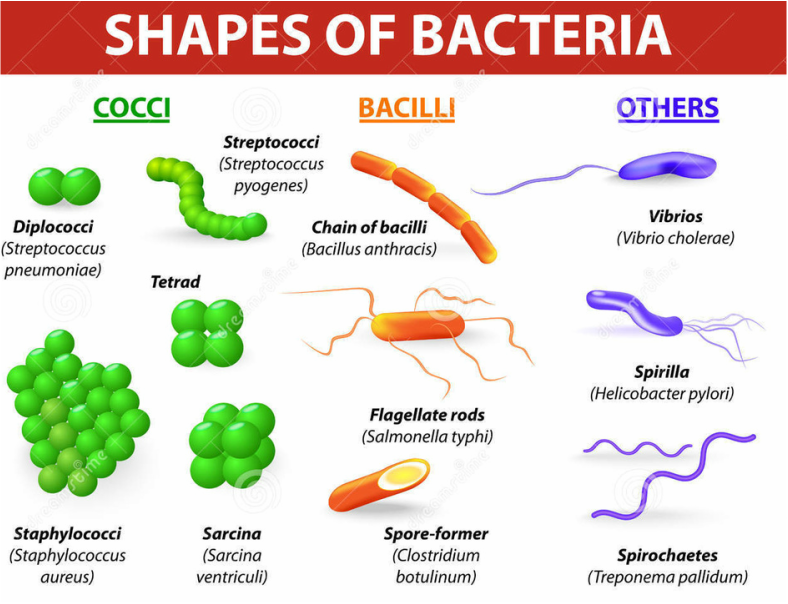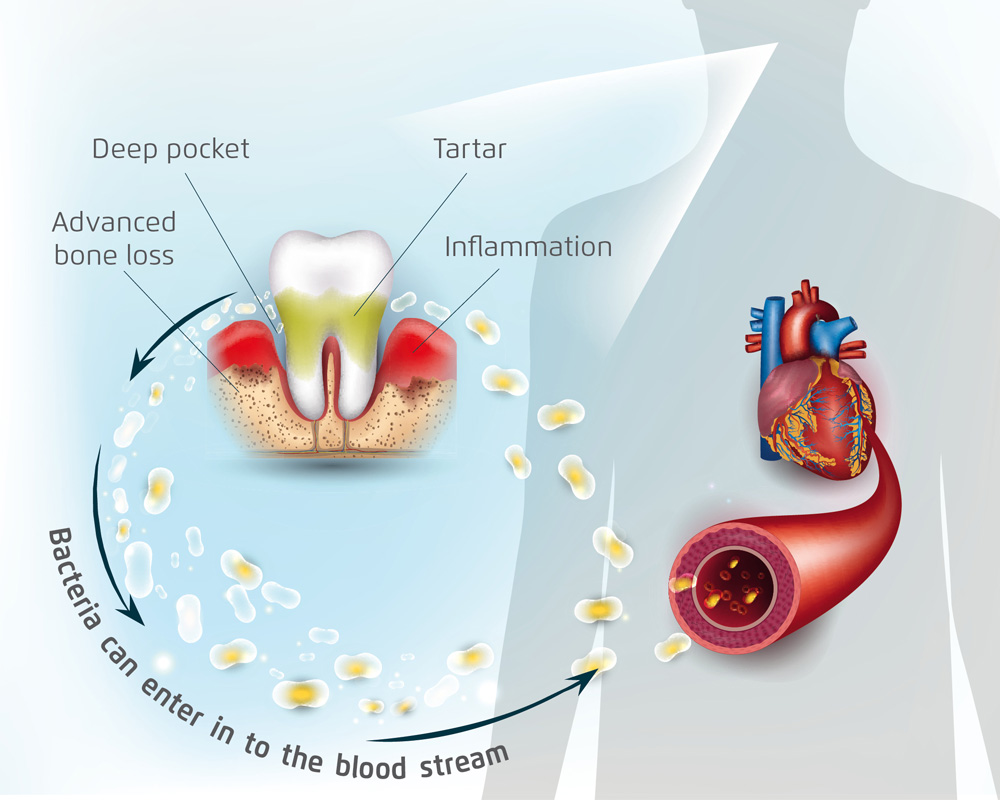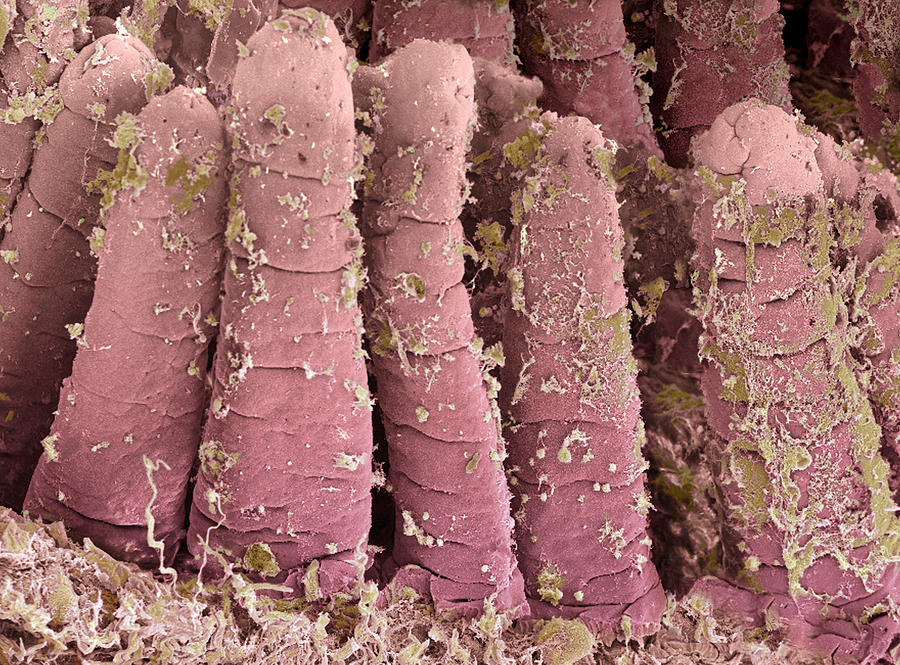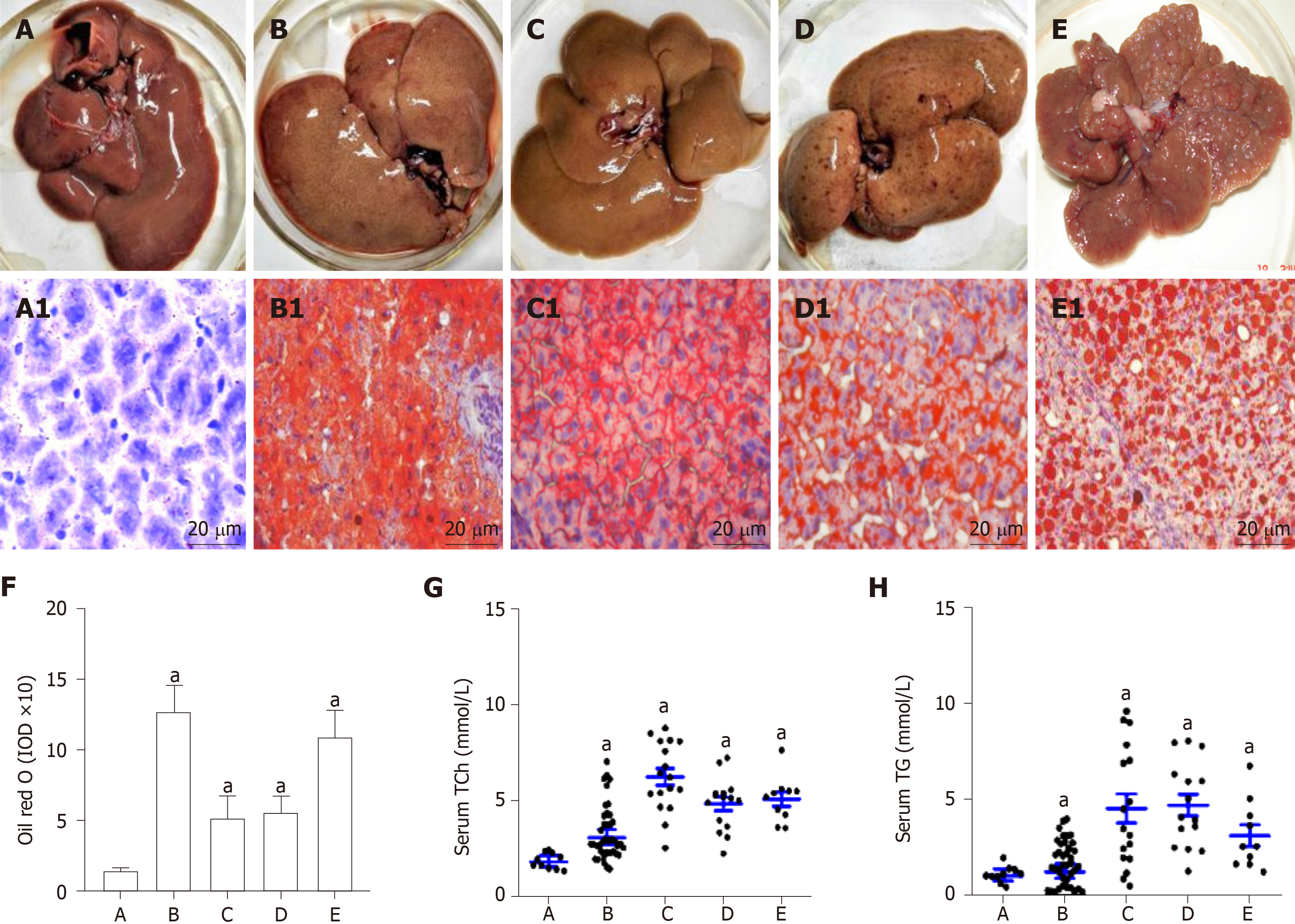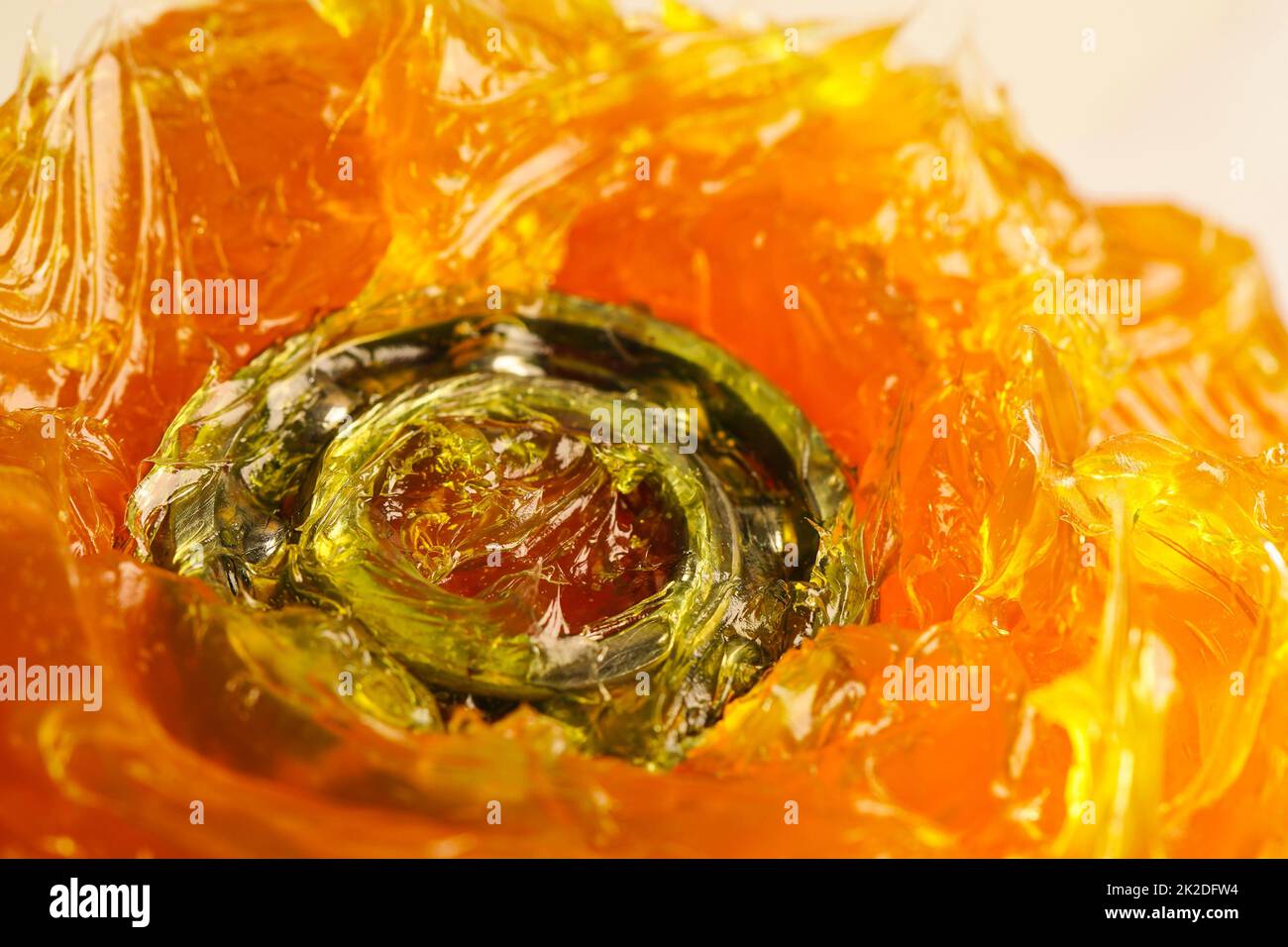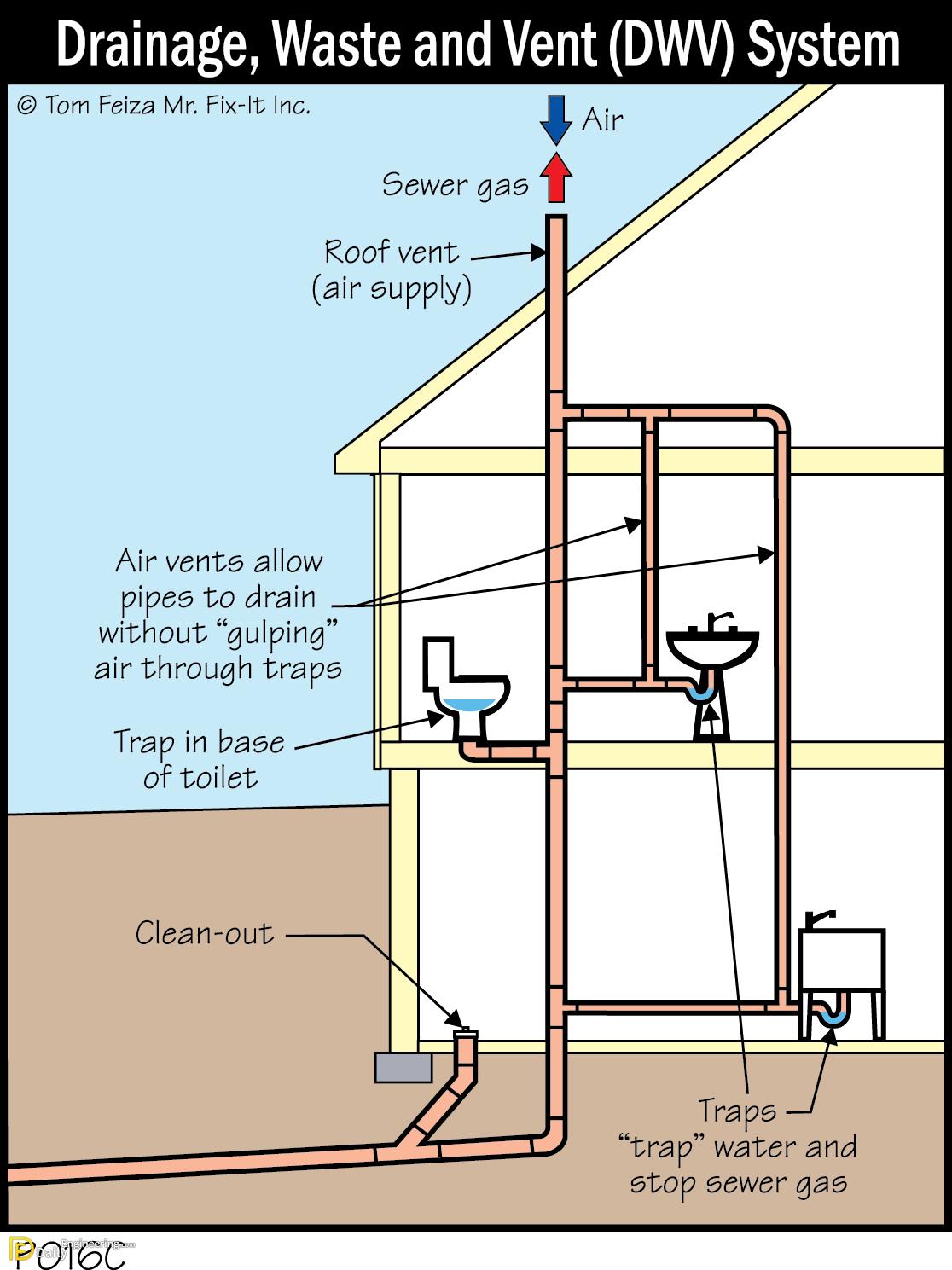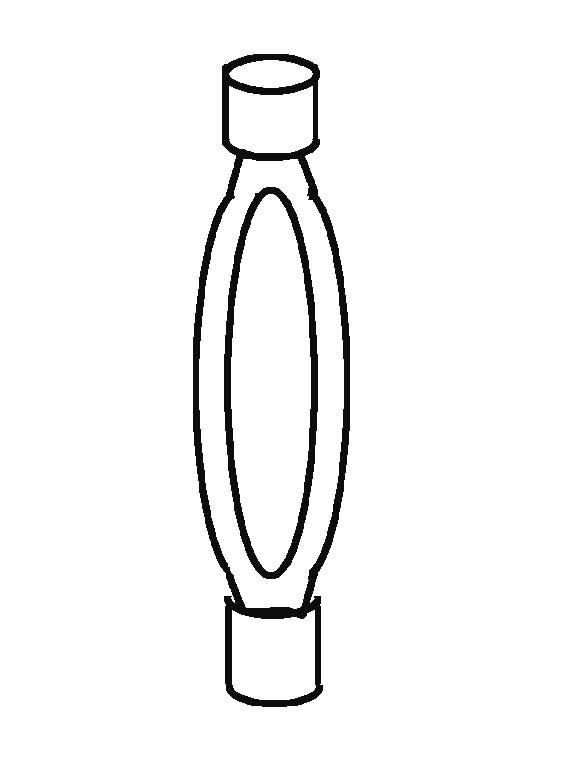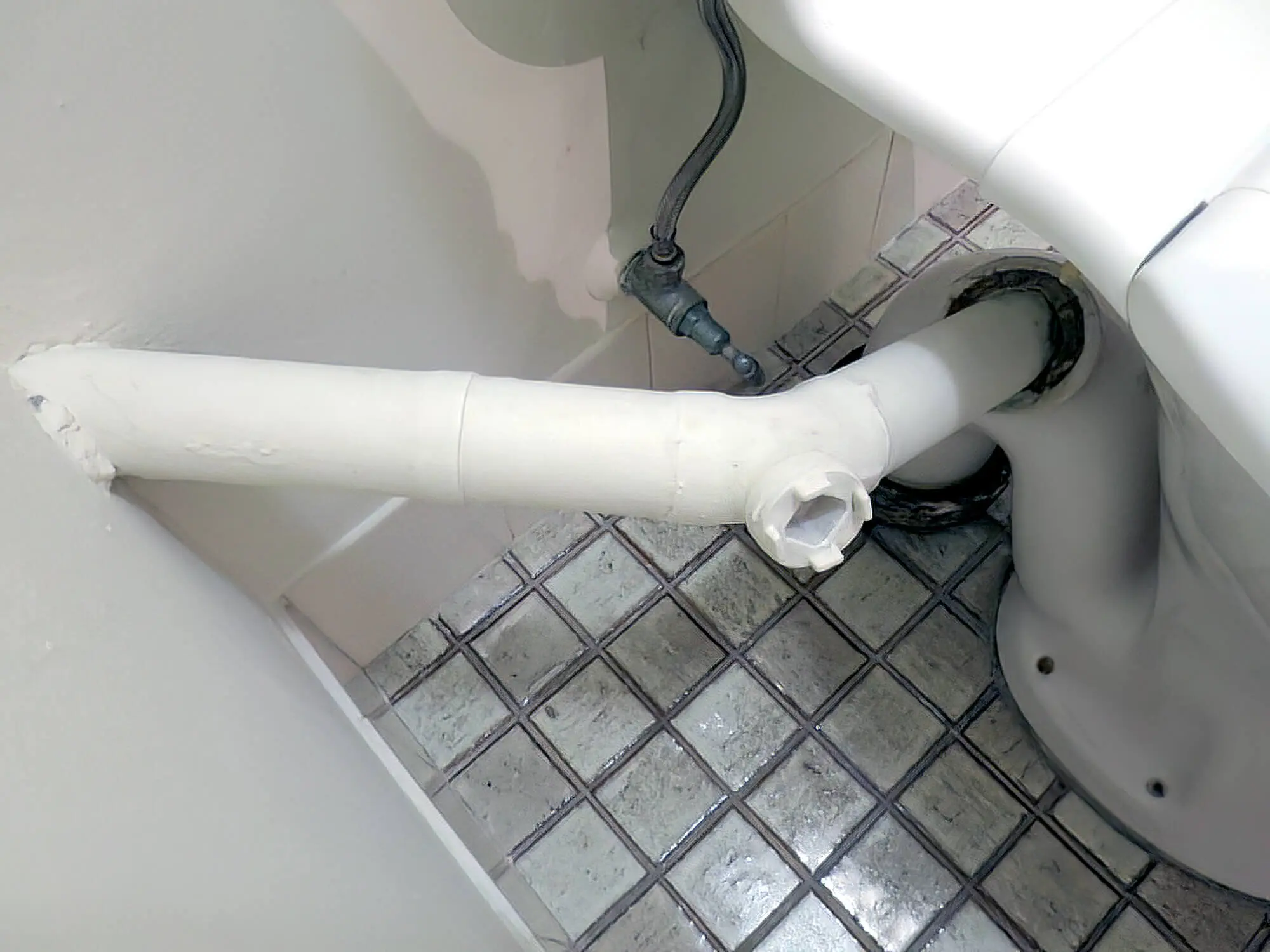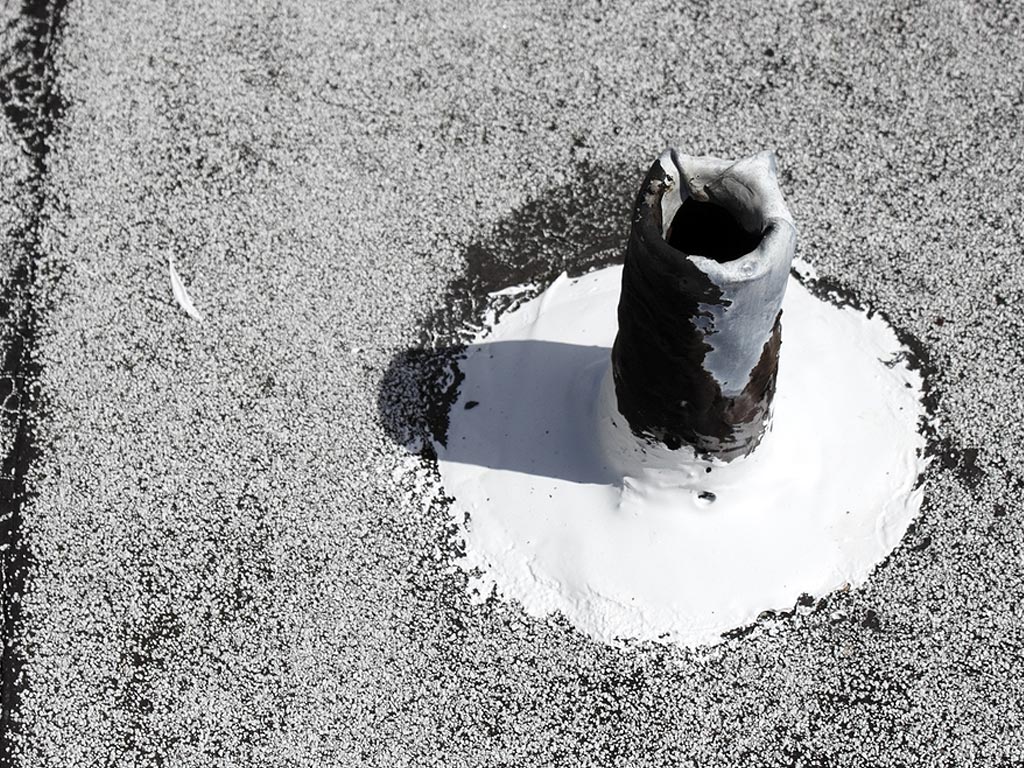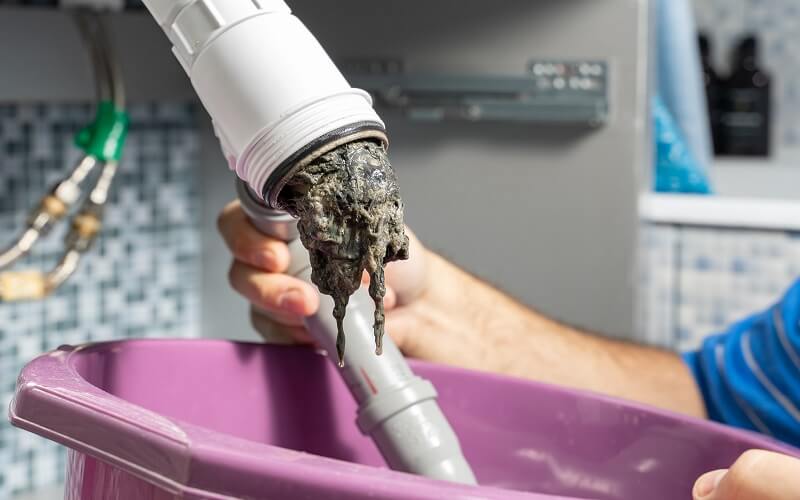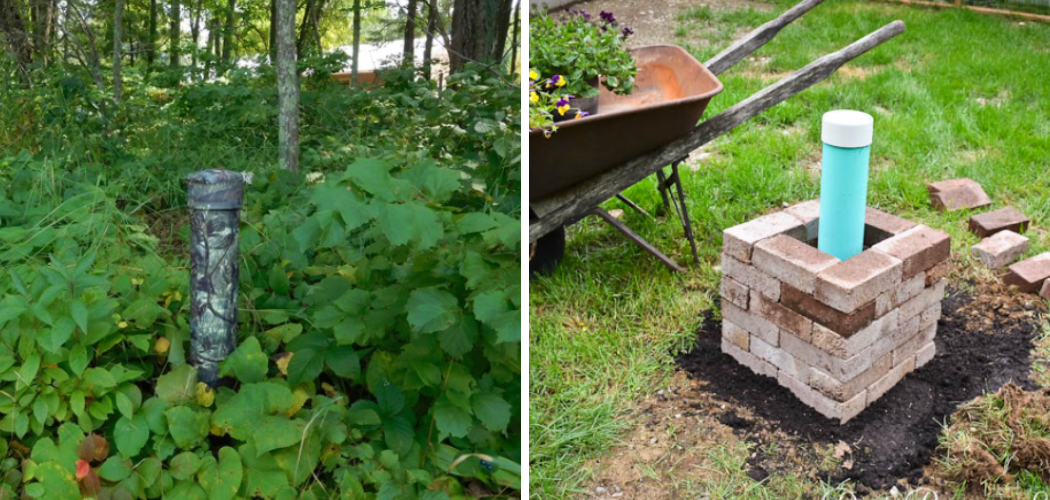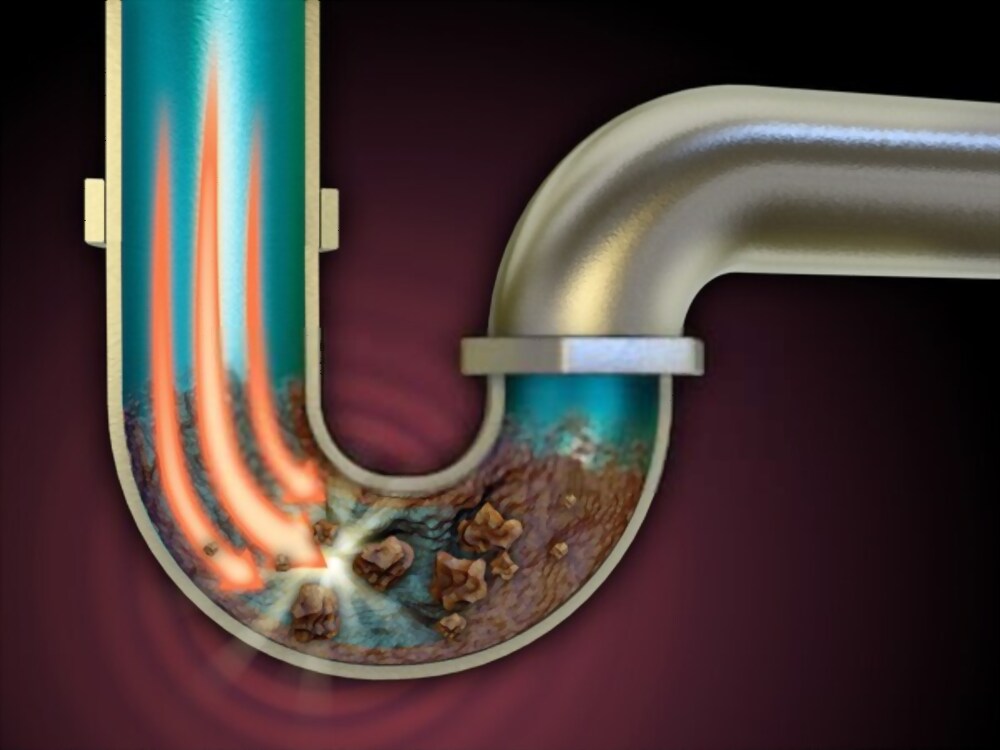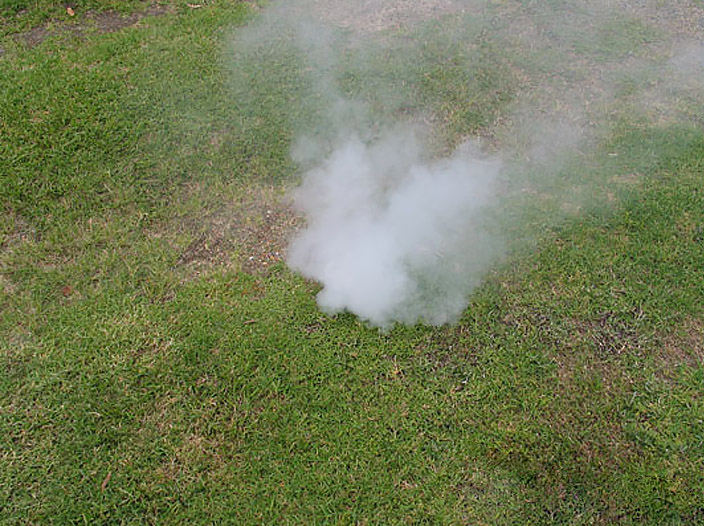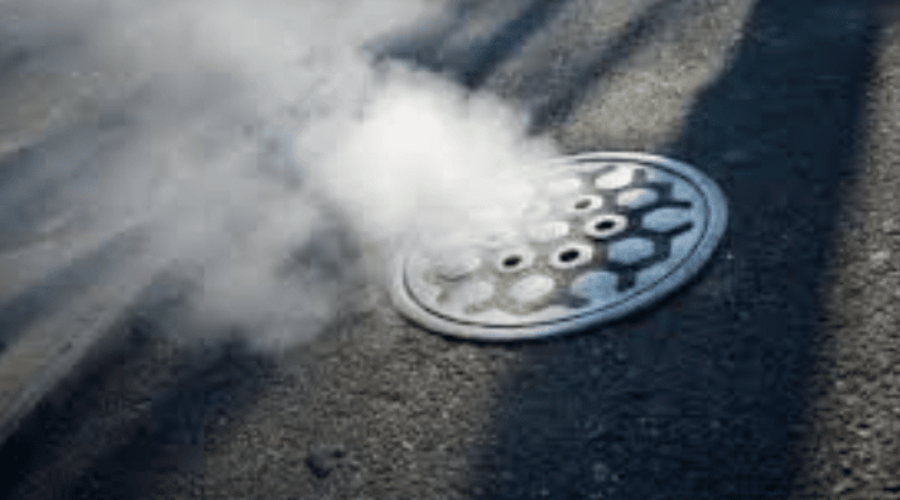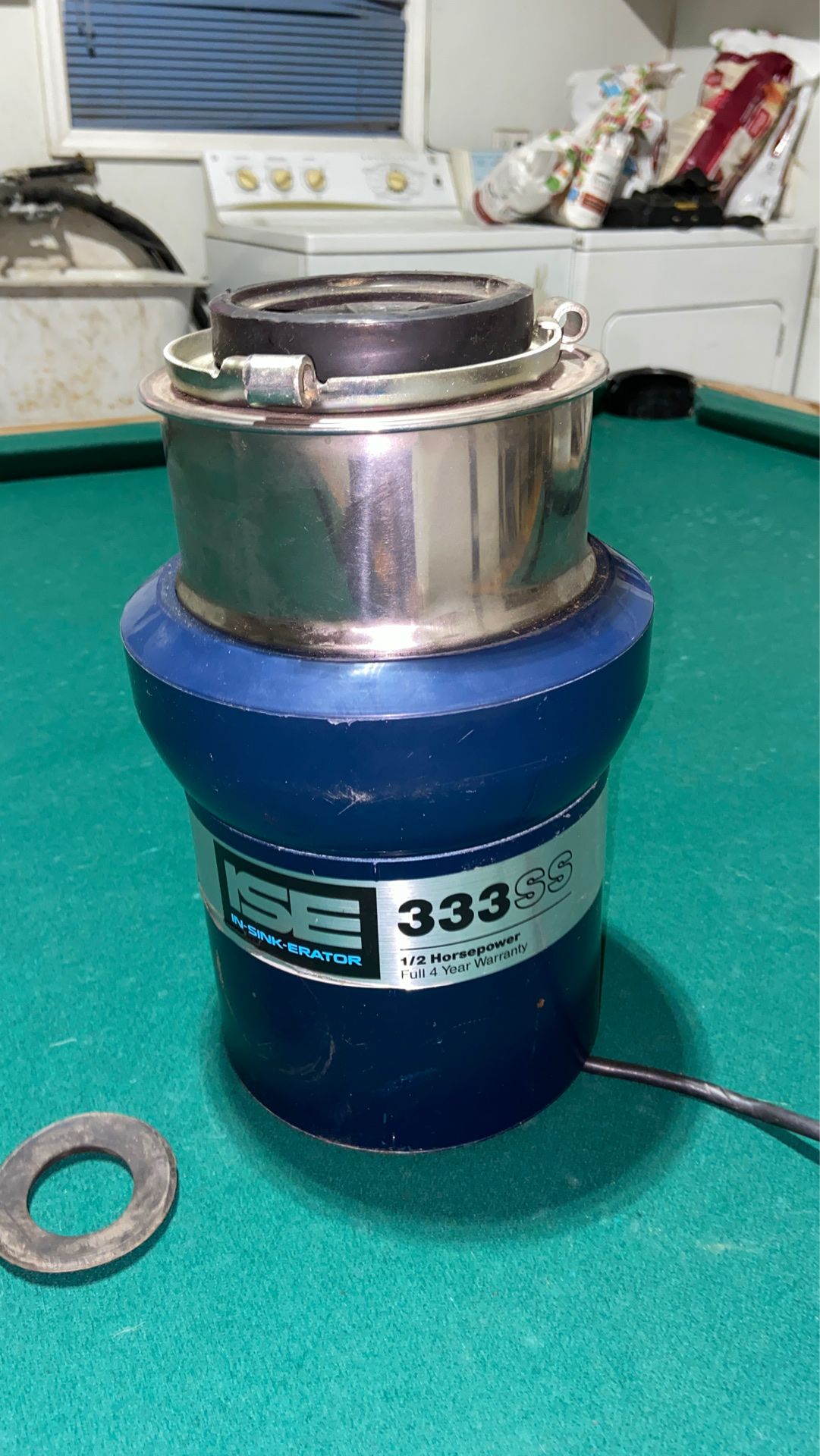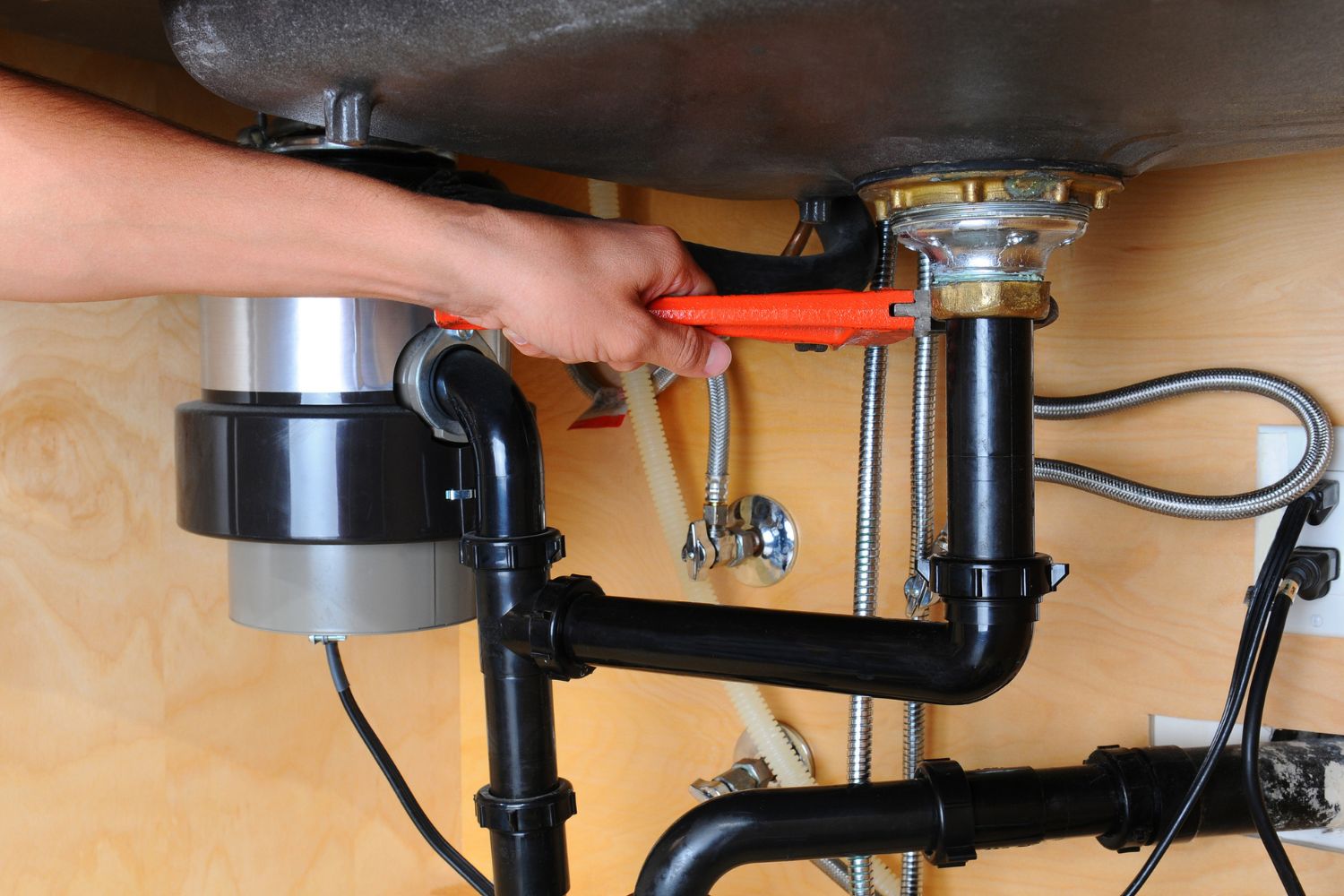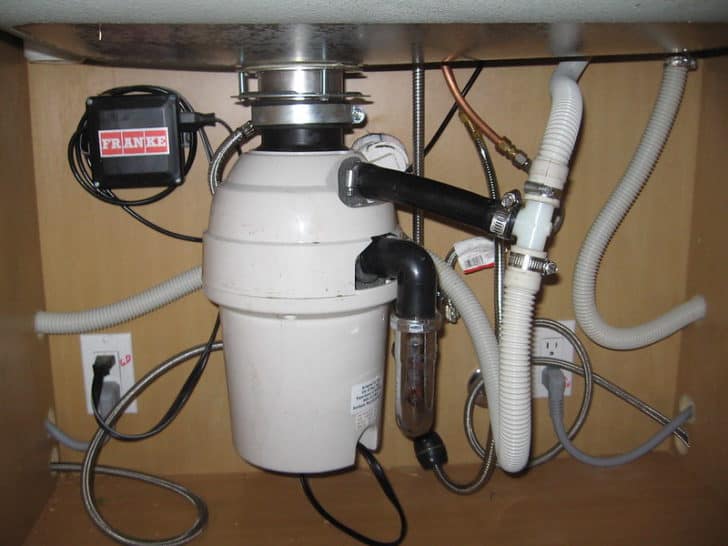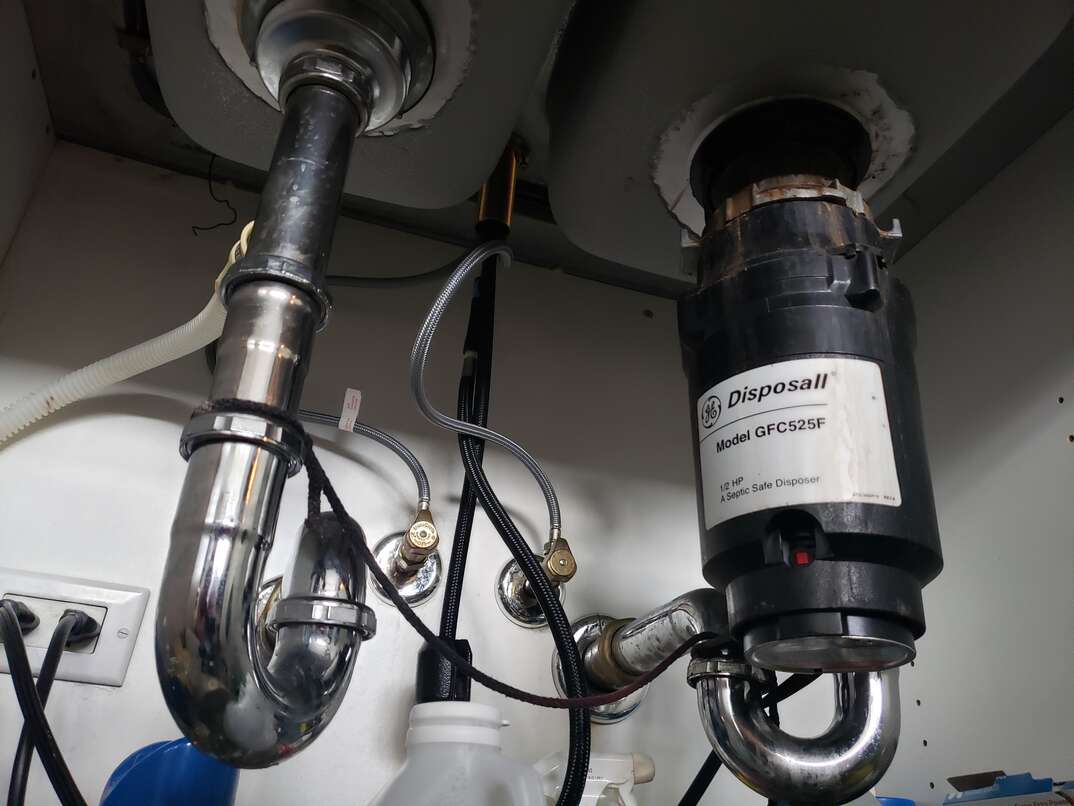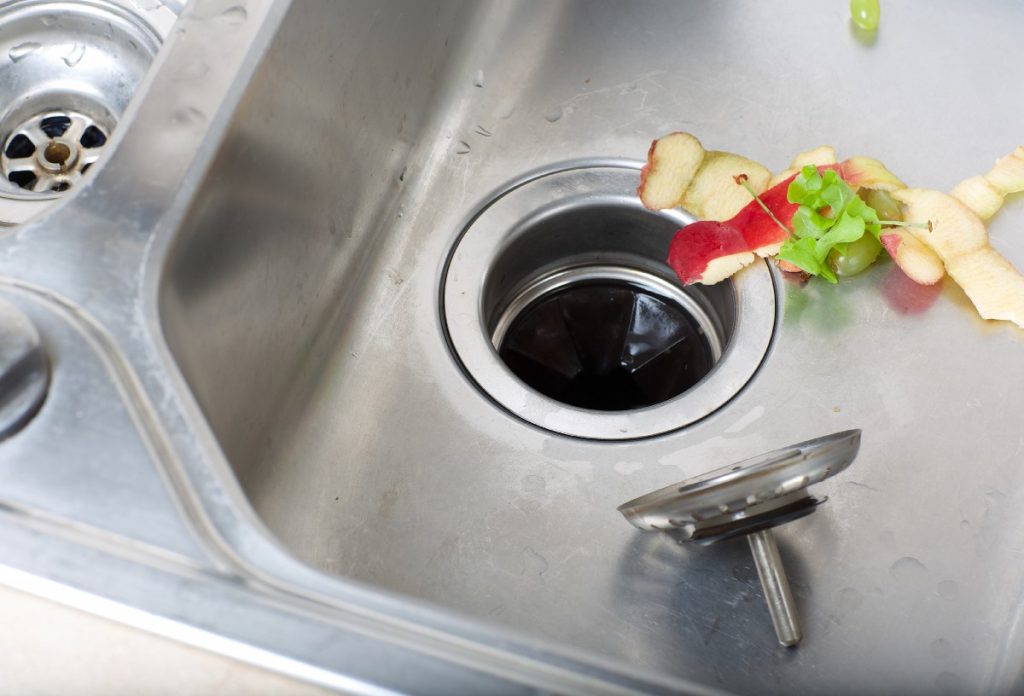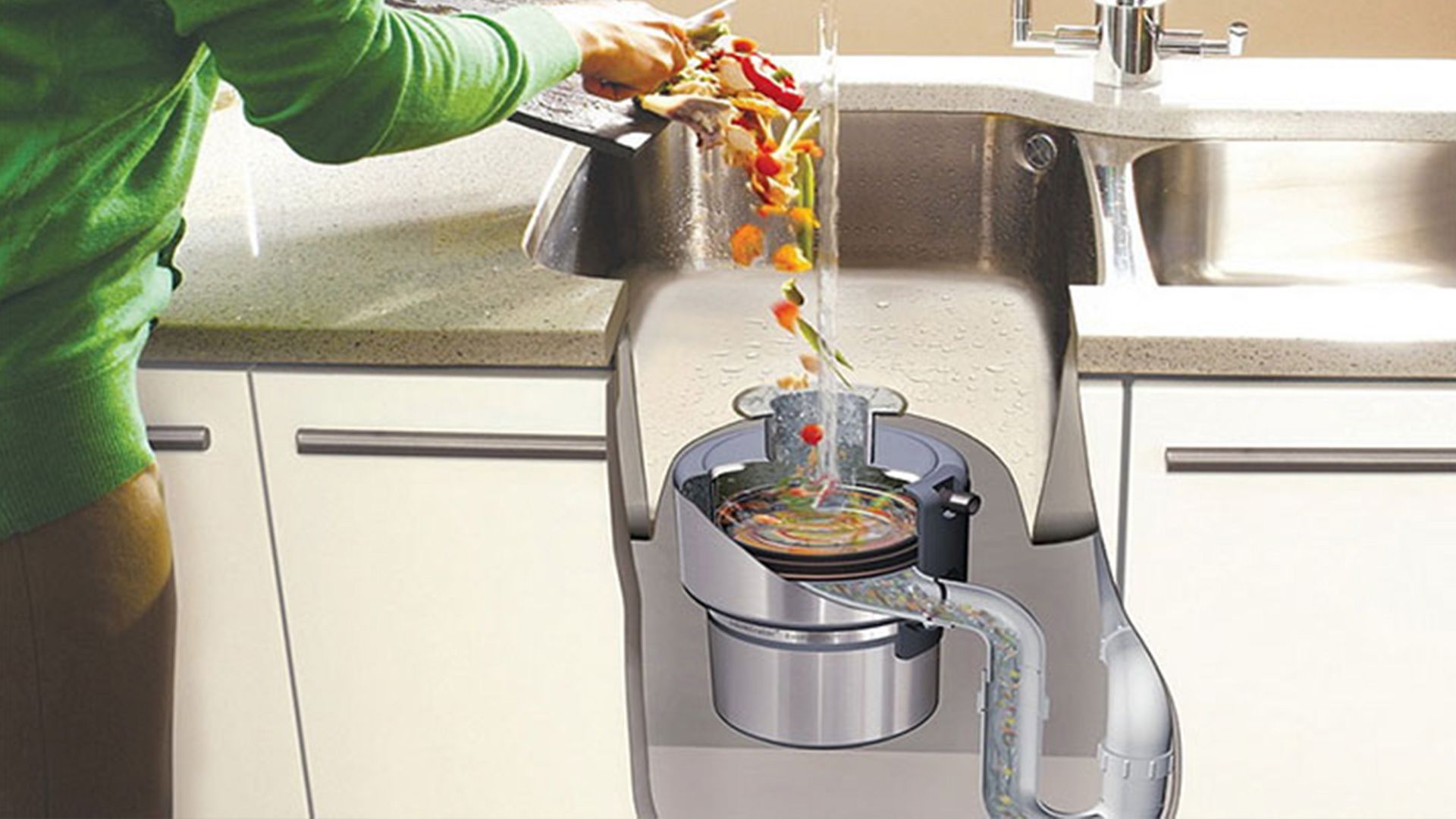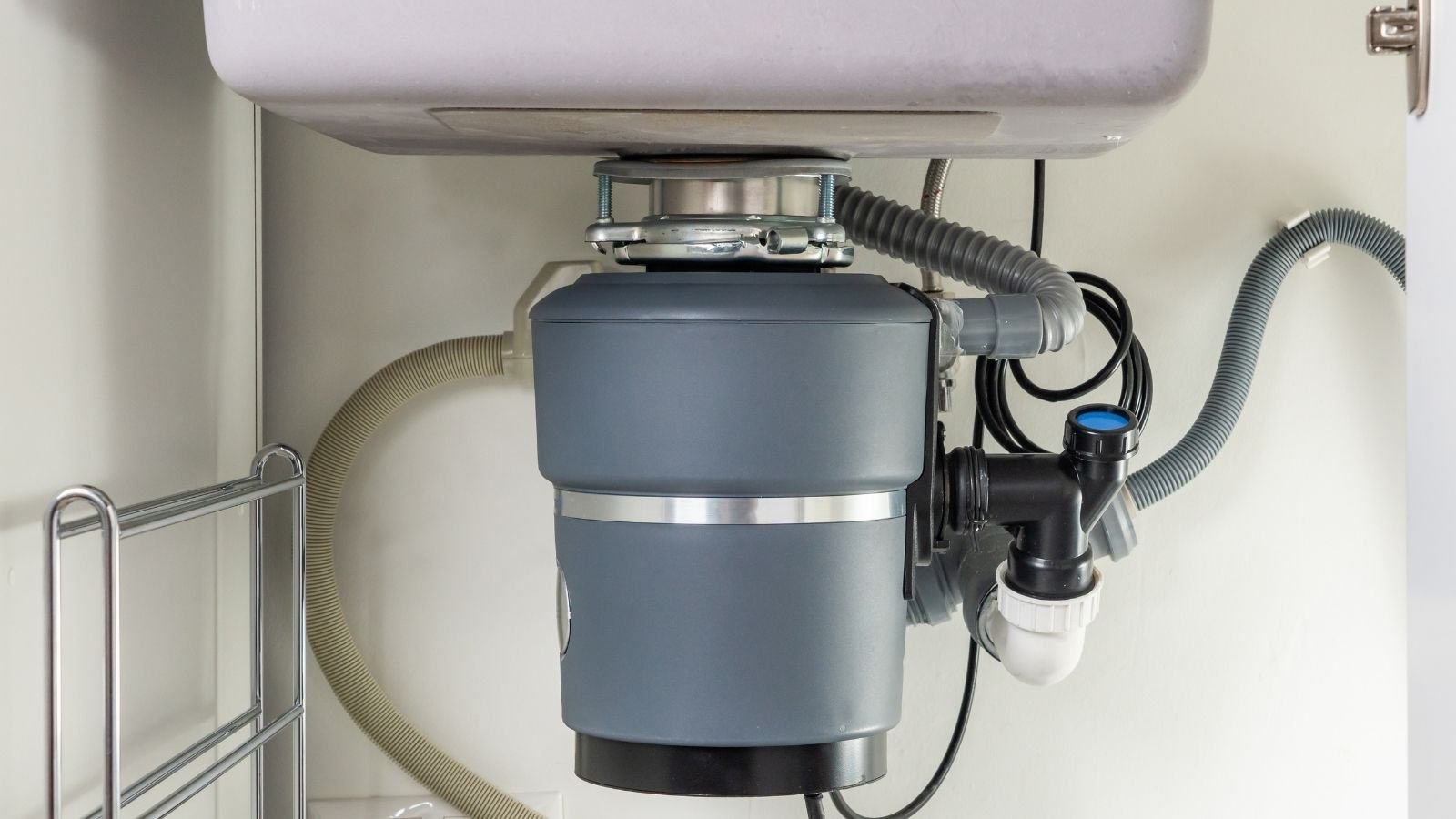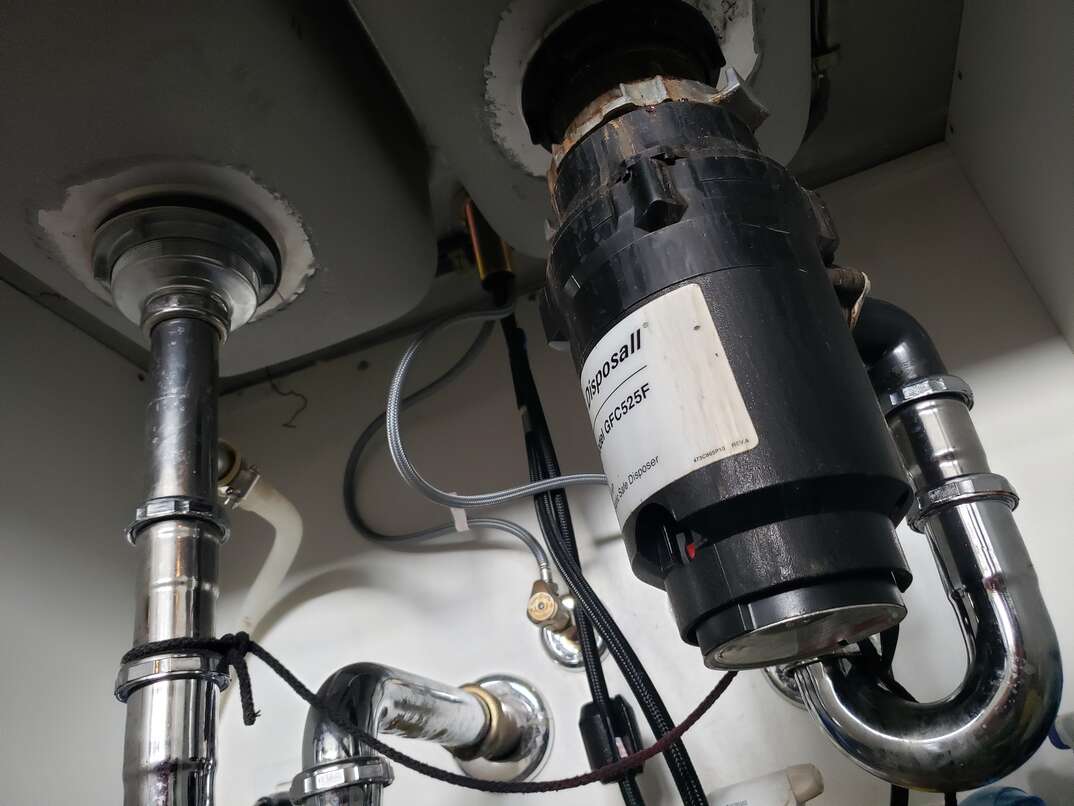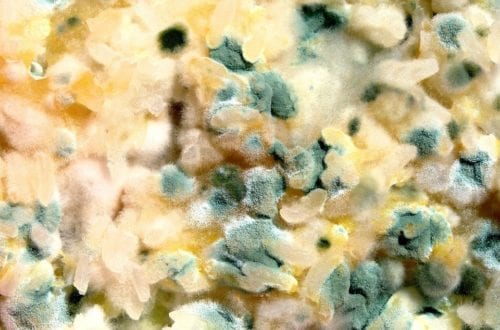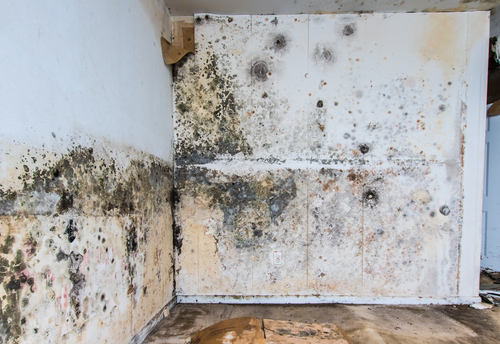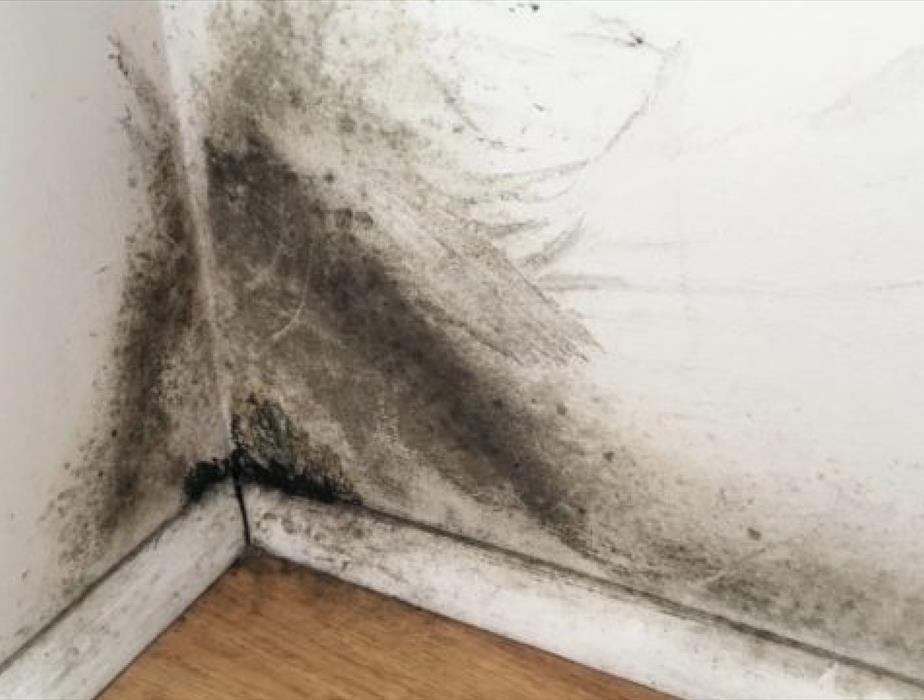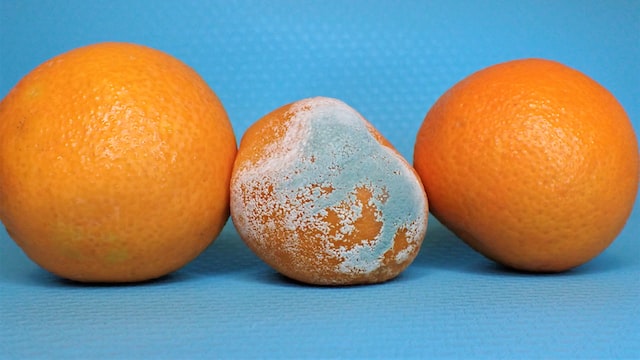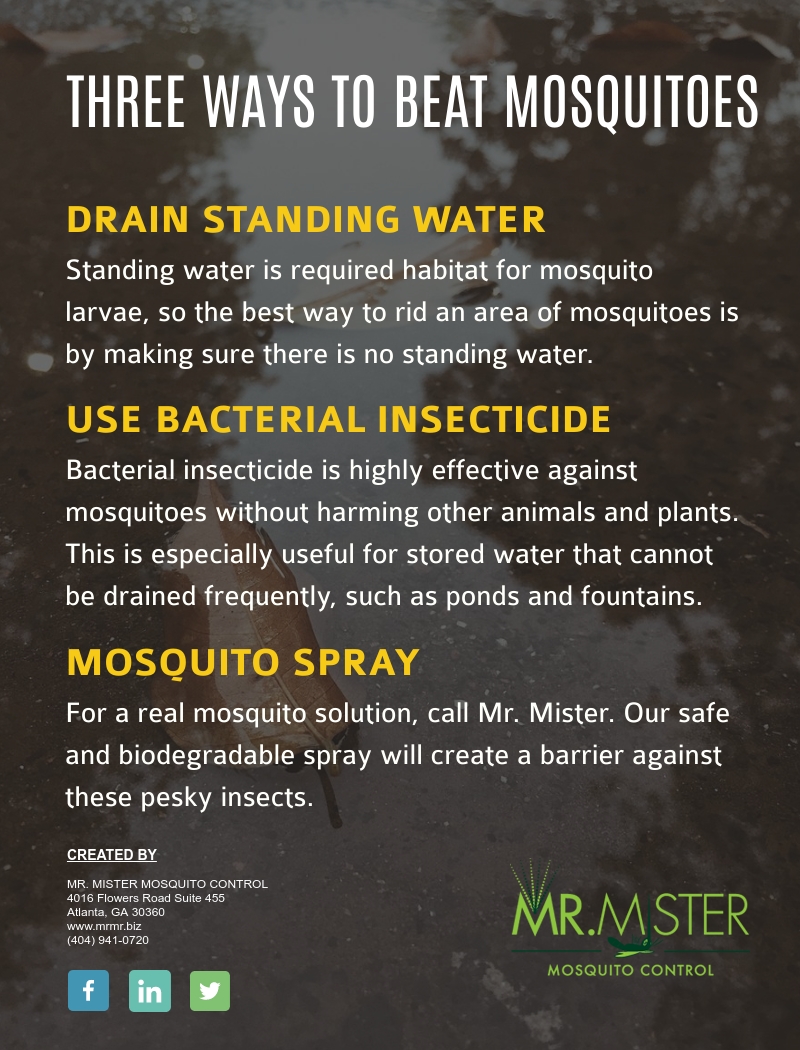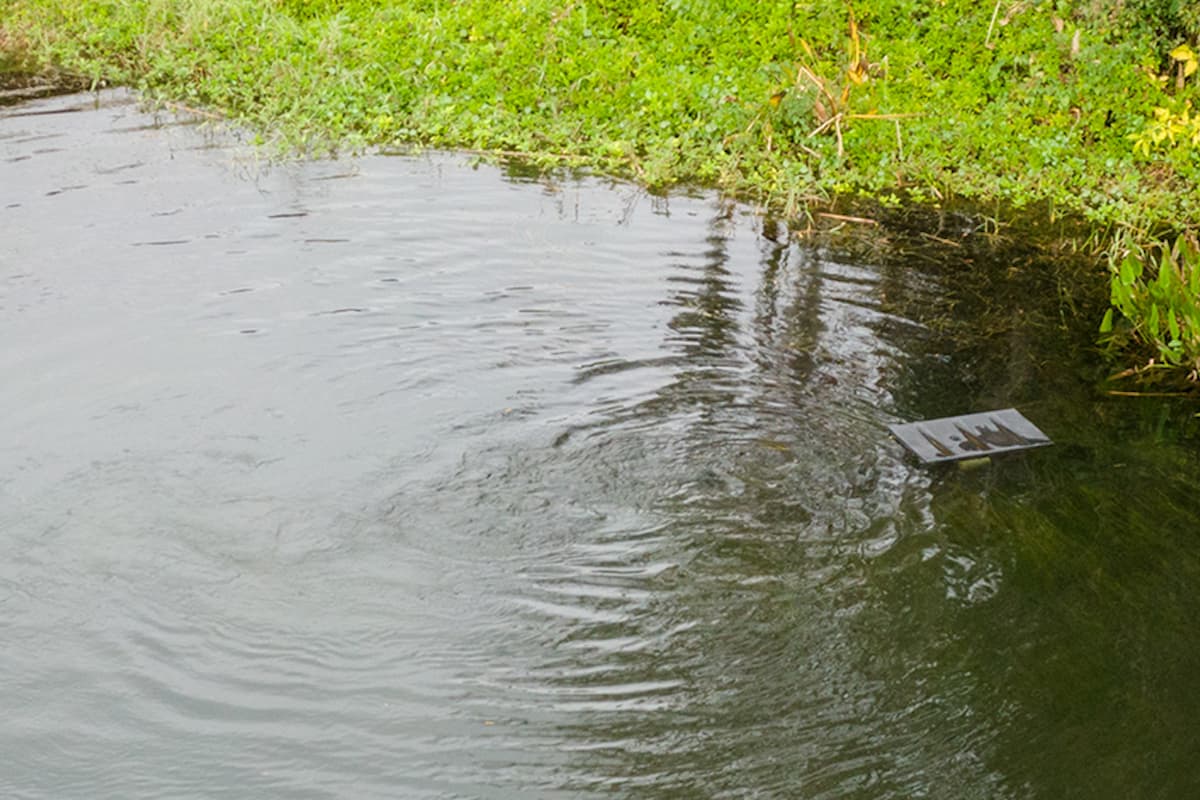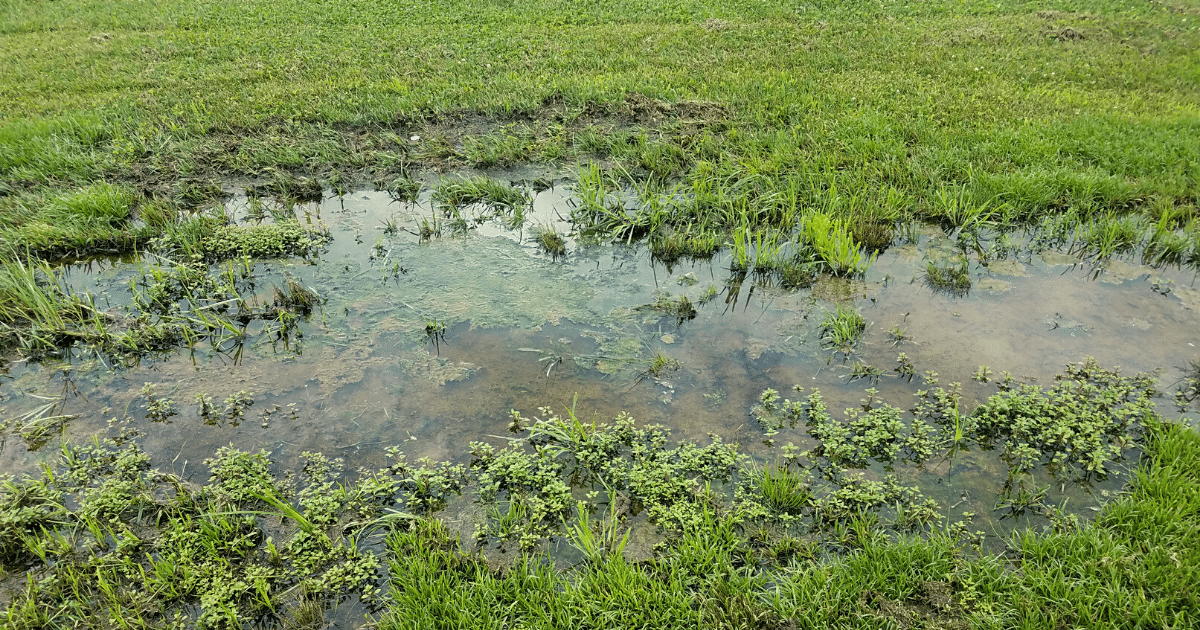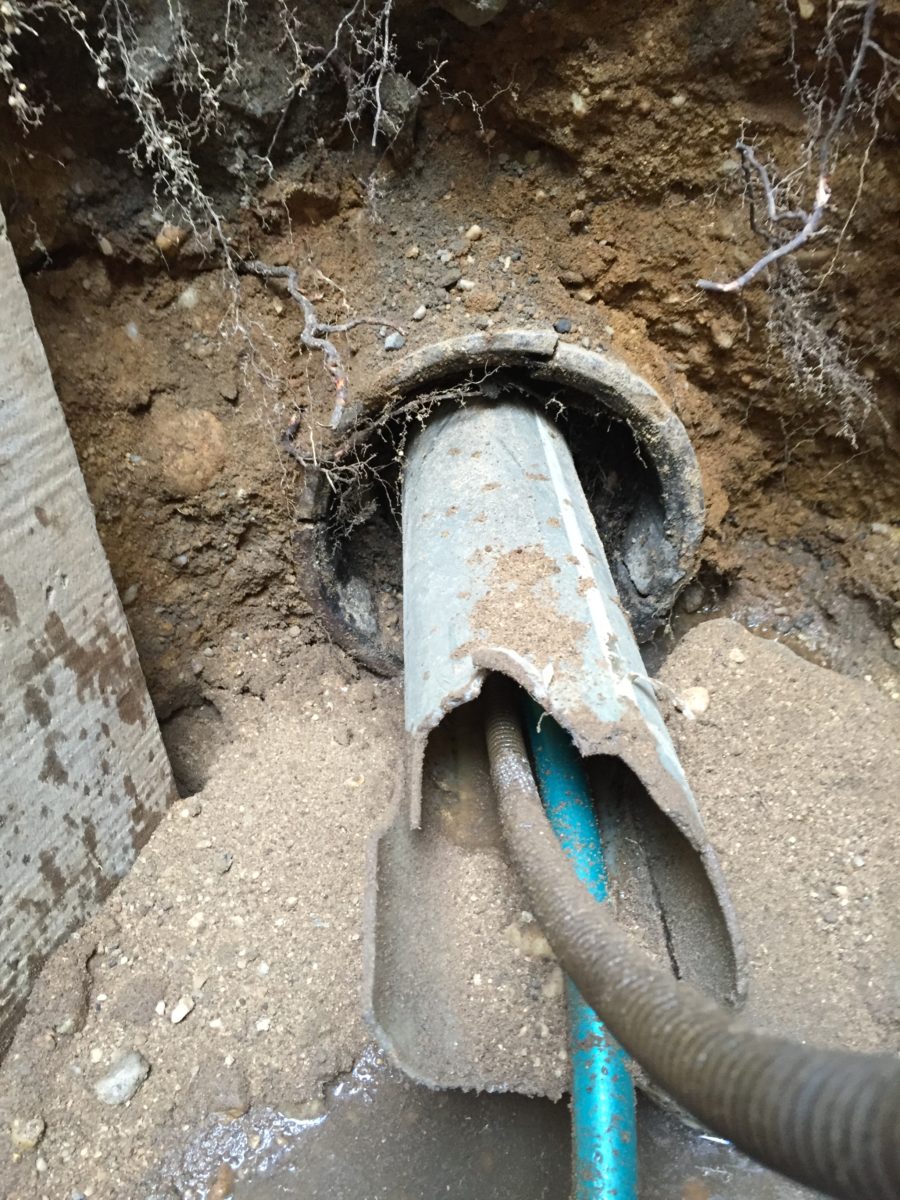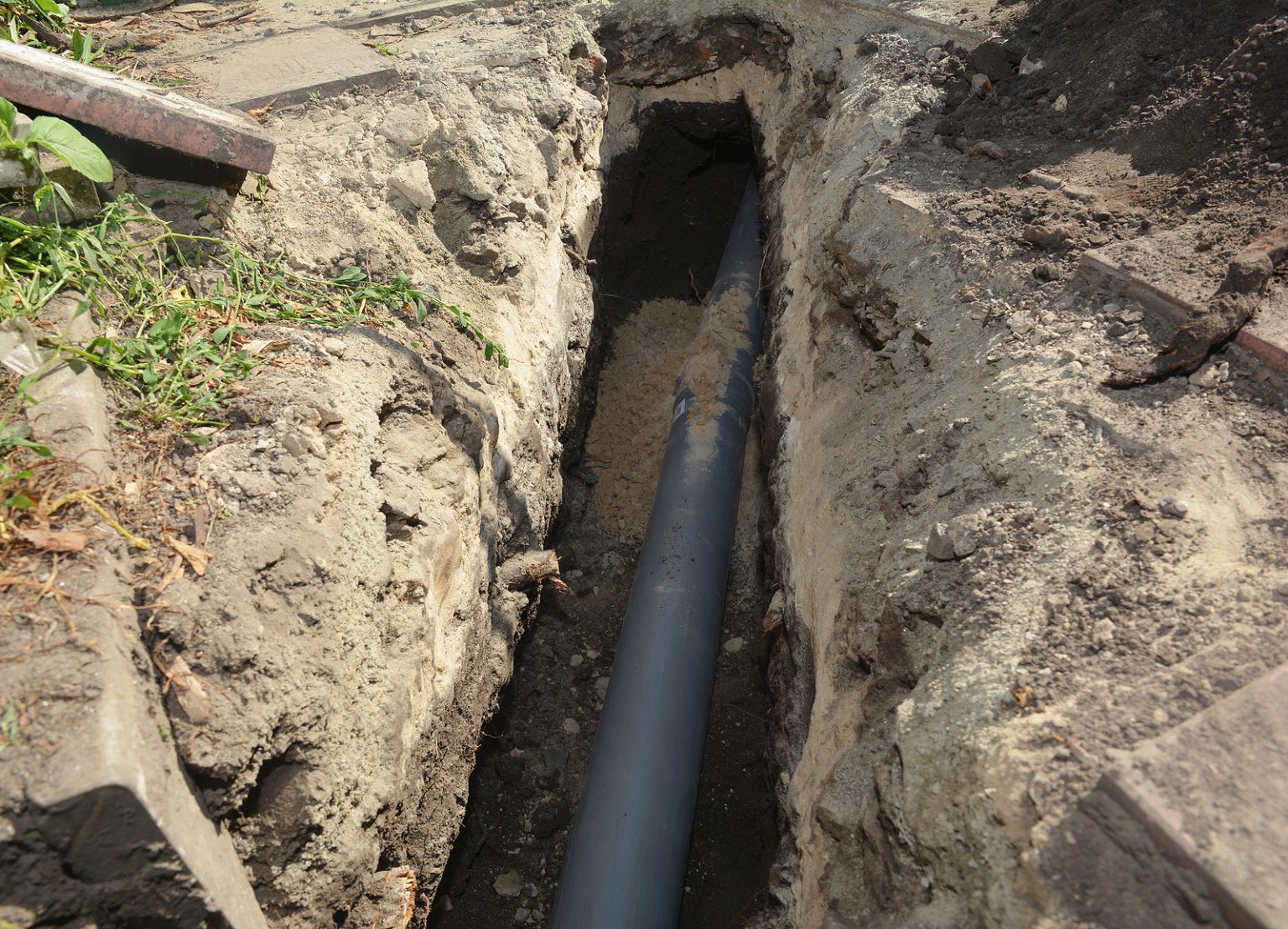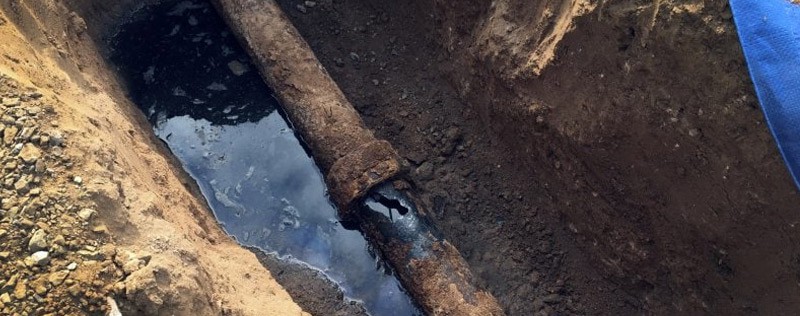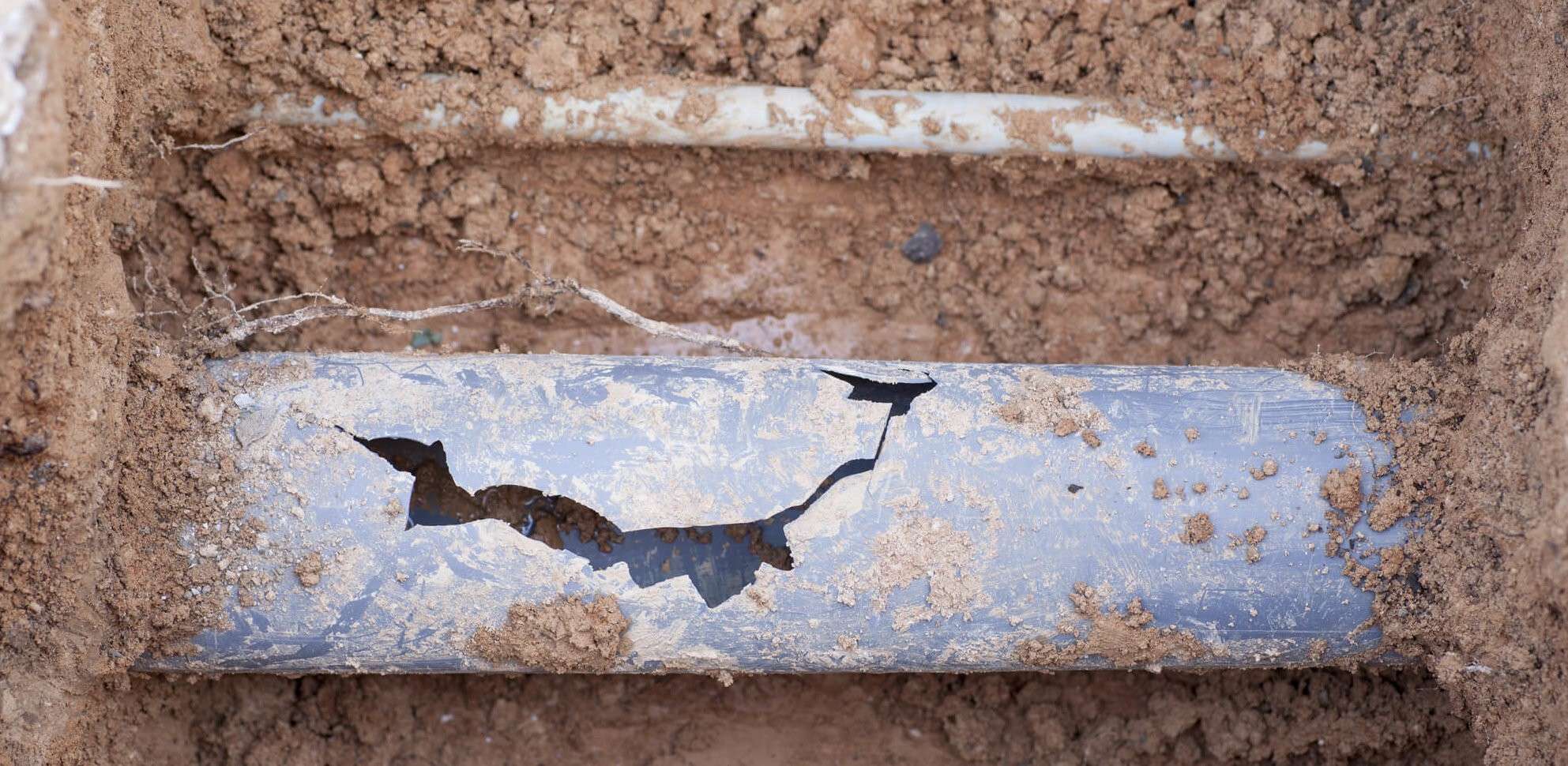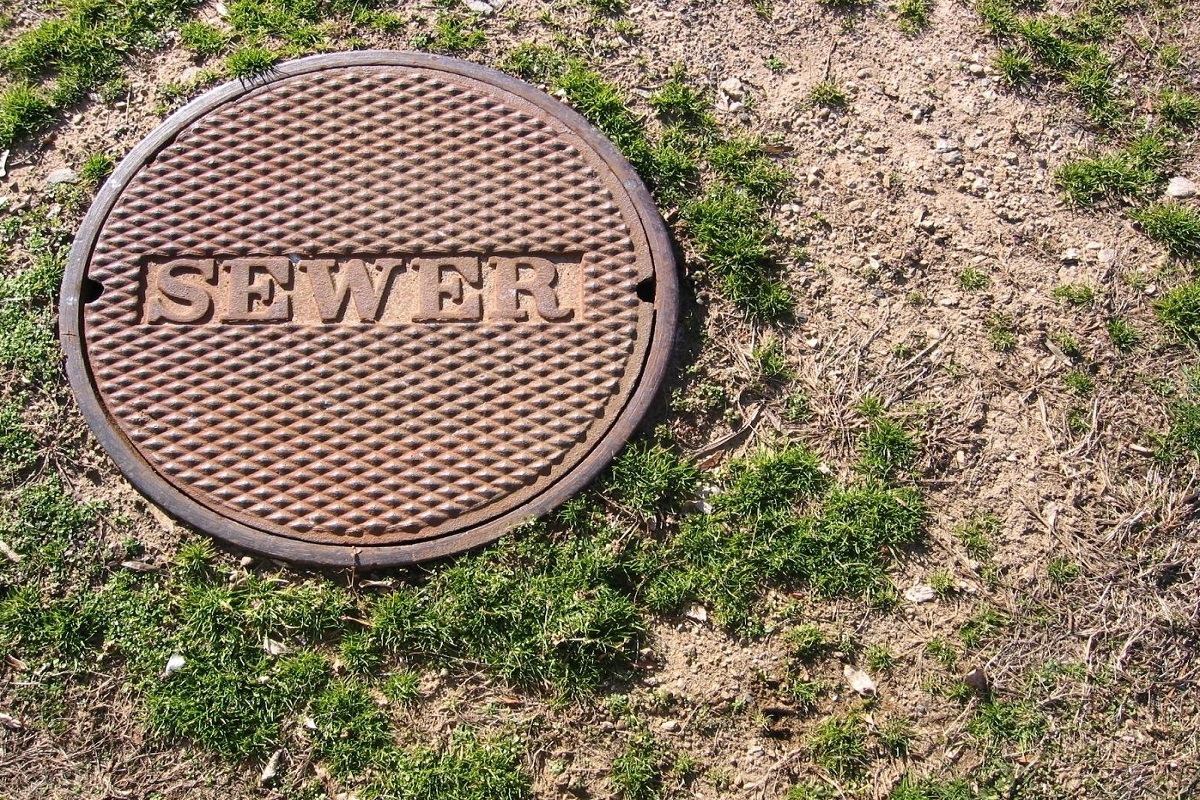If you've noticed a strong smell coming from your kitchen sink, the first thing to check is whether or not your drain is clogged. When food, grease, and other debris build up in your drain, it can cause a foul odor to emanate from your sink. Not only is this unpleasant, but it can also lead to slow draining or even complete blockage if left untreated. To prevent clogged drains, make sure to regularly clean out your sink and use a drain strainer to catch any large food particles. If your drain is already clogged, you can try using a plunger or a mixture of baking soda and vinegar to break up the blockage. If these methods don't work, it may be time to call a professional plumber.1. Clogged Drain
Another common cause of a strong smell in the kitchen sink is bacteria buildup. Bacteria thrive in moist and dark environments, making your sink an ideal breeding ground. As bacteria break down food particles and other organic matter, they release foul-smelling gases that can make your sink smell unpleasant. To combat bacteria buildup, regularly clean your sink with a disinfectant cleaner and make sure to run hot water down the drain after each use to help wash away any lingering bacteria.2. Bacteria Buildup
Food debris can easily get stuck in your kitchen sink, especially if you don't have a garbage disposal. As food particles sit in your sink, they can quickly start to decompose, causing a strong odor to emanate from your sink. This is especially common if you regularly wash dishes or dispose of food scraps in the sink. To prevent food debris from causing a foul smell in your kitchen sink, make sure to regularly clean and scrub your sink to remove any lingering food particles. You can also use a plunger or a mixture of baking soda and vinegar to help dislodge any stuck food debris.3. Food Debris
Grease and oil from cooking can easily build up in your kitchen sink, especially if you don't have a garbage disposal. As grease and oil sit in your sink, they can start to decompose and create a strong odor. This can also lead to clogged drains and slow draining issues. To prevent grease accumulation, make sure to properly dispose of excess oil and grease after cooking. You can also use a degreaser or a mixture of hot water and dish soap to help break down and wash away any grease in your sink.4. Grease Accumulation
Every plumbing system has a vent pipe that helps to release gases and odors from your pipes to the outside. If this pipe becomes blocked, those gases and odors can get trapped and cause a foul smell in your kitchen sink. This is more likely to happen if you have a lot of trees or plants near your vent pipe that can clog it with leaves and debris. To prevent a blocked vent pipe, regularly check and clear any debris around the pipe. If you suspect your vent pipe is blocked, it's best to call a professional plumber to safely unclog it.5. Blocked Vent Pipe
If you notice a strong smell coming from your kitchen sink, it's possible that there is a sewer gas leak. Sewer gas is a mixture of gases that can include hydrogen sulfide, methane, and ammonia, and it has a distinct rotten egg smell. A sewer gas leak can be caused by a cracked or damaged pipe, a dried out P-trap, or a malfunctioning vent pipe. If you suspect a sewer gas leak, it's important to call a plumber immediately as these gases can be dangerous to your health. They can also indicate a larger issue with your plumbing system that needs to be addressed.6. Sewer Gas Leak
If your kitchen sink has a garbage disposal, it's important to regularly maintain and clean it to prevent odors. Over time, food particles and other debris can build up in your garbage disposal, leading to a foul smell. Additionally, if your garbage disposal is old or malfunctioning, it may not be able to properly grind up food waste, causing it to sit and decompose in your sink. To prevent odors from an old garbage disposal, make sure to regularly clean and maintain it according to the manufacturer's instructions. If your garbage disposal is no longer functioning properly, it may be time to replace it.7. Old Garbage Disposal
Mold thrives in moist and dark environments, making your kitchen sink an ideal breeding ground. If you notice a musty smell coming from your sink, it's possible that there is mold growth. This can be caused by a leaky pipe, a constantly damp sink, or even high humidity levels in your home. To prevent mold growth, make sure to regularly clean and dry your sink after use. If you suspect mold, it's important to address the source of the moisture and clean and disinfect the affected area.8. Mold Growth
If water is constantly sitting in your sink, it can start to develop a foul smell. This can be caused by a slow draining sink, a leaky pipe, or even a clogged drain. Standing water can also lead to mold and bacteria growth, exacerbating the smell. To prevent standing water, regularly check and clean your sink's drain to ensure it is free of debris. If the problem persists, it may be necessary to call a plumber to address any underlying issues.9. Standing Water
If you've tried all the above solutions and are still experiencing a strong smell coming from your kitchen sink, it's possible that there is a broken sewer line. A broken sewer line can cause sewer gas to escape and lead to a foul odor in your sink. This is a serious issue that requires immediate attention from a professional plumber. To prevent a broken sewer line, make sure to regularly maintain your plumbing system and address any issues as soon as they arise. This can help prevent major problems and save you from costly repairs in the future.10. Broken Sewer Line
The Importance of a Well-Designed Kitchen

Creating a Functional and Beautiful Space
 When it comes to house design, the kitchen is often referred to as the heart of the home. It's where meals are prepared, memories are made, and families gather together. With this in mind, it's crucial to have a well-designed kitchen that not only looks aesthetically pleasing but also functions efficiently. However, even with careful planning and attention to detail, homeowners may encounter issues that need to be addressed, such as a
strong smell coming from the kitchen sink
.
When it comes to house design, the kitchen is often referred to as the heart of the home. It's where meals are prepared, memories are made, and families gather together. With this in mind, it's crucial to have a well-designed kitchen that not only looks aesthetically pleasing but also functions efficiently. However, even with careful planning and attention to detail, homeowners may encounter issues that need to be addressed, such as a
strong smell coming from the kitchen sink
.
Identifying the Source of the Smell
 A foul odor emanating from the kitchen sink can be a sign of a more significant underlying issue. The first step in addressing this problem is to identify the source of the smell. It could be due to a buildup of food debris, grease, or stagnant water in the drain. Another common cause is a clogged or damaged drain pipe, leading to bacteria growth and unpleasant odors. In some cases, the issue may be with the garbage disposal, causing food particles to get stuck and rot.
A foul odor emanating from the kitchen sink can be a sign of a more significant underlying issue. The first step in addressing this problem is to identify the source of the smell. It could be due to a buildup of food debris, grease, or stagnant water in the drain. Another common cause is a clogged or damaged drain pipe, leading to bacteria growth and unpleasant odors. In some cases, the issue may be with the garbage disposal, causing food particles to get stuck and rot.
Prevention is Key
 As the saying goes, prevention is better than cure. In the case of a smelly kitchen sink, regular maintenance and proper use can go a long way in preventing this issue from occurring. Be mindful of what goes down the drain and avoid pouring oil, grease, and large food scraps down the sink. Consider using a drain strainer to catch food particles and avoid using harsh chemicals that can damage the pipes. Regularly cleaning the sink and garbage disposal with a mixture of hot water and vinegar can also help prevent unpleasant odors from developing.
As the saying goes, prevention is better than cure. In the case of a smelly kitchen sink, regular maintenance and proper use can go a long way in preventing this issue from occurring. Be mindful of what goes down the drain and avoid pouring oil, grease, and large food scraps down the sink. Consider using a drain strainer to catch food particles and avoid using harsh chemicals that can damage the pipes. Regularly cleaning the sink and garbage disposal with a mixture of hot water and vinegar can also help prevent unpleasant odors from developing.
Designing a Functional Kitchen
 Aside from addressing the issue of a smelly kitchen sink, it's important to design a functional and efficient kitchen space. This includes having adequate counter space, storage solutions, and a layout that suits the needs of the homeowner. Incorporating proper ventilation and lighting can also contribute to a more pleasant cooking experience. A well-designed kitchen not only adds value to the home but also makes daily tasks more manageable and enjoyable.
Aside from addressing the issue of a smelly kitchen sink, it's important to design a functional and efficient kitchen space. This includes having adequate counter space, storage solutions, and a layout that suits the needs of the homeowner. Incorporating proper ventilation and lighting can also contribute to a more pleasant cooking experience. A well-designed kitchen not only adds value to the home but also makes daily tasks more manageable and enjoyable.
Consulting a Professional
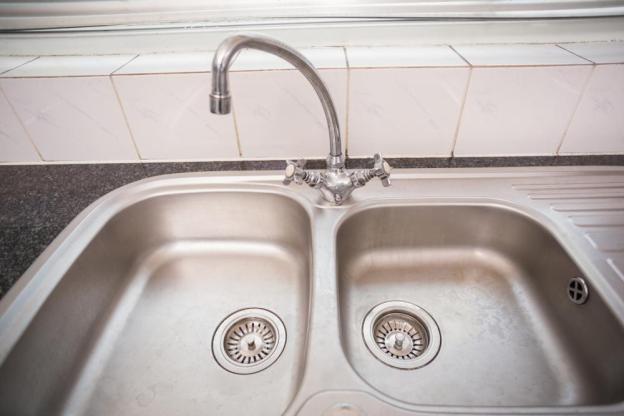 In some cases, the issue of a smelly kitchen sink may require the expertise of a professional plumber. They can assess the situation and provide solutions that address the root cause of the problem. Additionally, consulting a professional interior designer can help homeowners create a well-designed kitchen that meets their specific needs and preferences.
In conclusion, a well-designed kitchen is essential for both functionality and aesthetics. Taking preventive measures and addressing any issues promptly can ensure that the kitchen remains a pleasant and inviting space for years to come. With the help of professionals and creative design choices, homeowners can achieve their dream kitchen, free from the
strong smell coming from the kitchen sink
.
In some cases, the issue of a smelly kitchen sink may require the expertise of a professional plumber. They can assess the situation and provide solutions that address the root cause of the problem. Additionally, consulting a professional interior designer can help homeowners create a well-designed kitchen that meets their specific needs and preferences.
In conclusion, a well-designed kitchen is essential for both functionality and aesthetics. Taking preventive measures and addressing any issues promptly can ensure that the kitchen remains a pleasant and inviting space for years to come. With the help of professionals and creative design choices, homeowners can achieve their dream kitchen, free from the
strong smell coming from the kitchen sink
.











/cdn.vox-cdn.com/uploads/chorus_asset/file/19616741/drain_xl_0.jpg)


